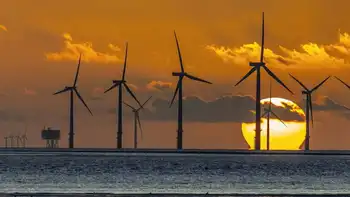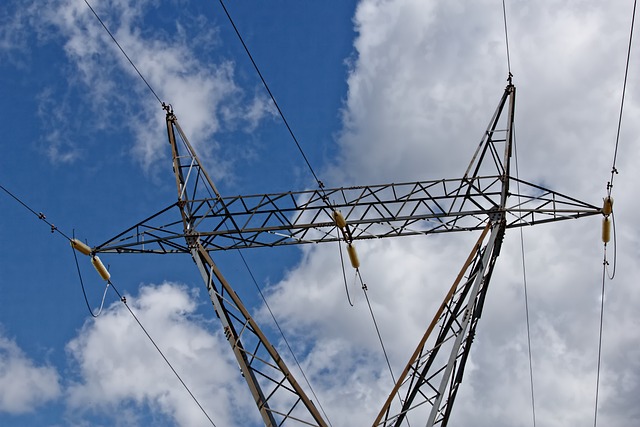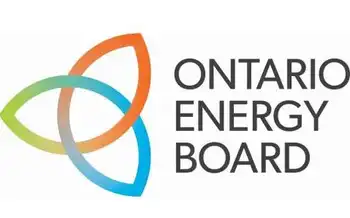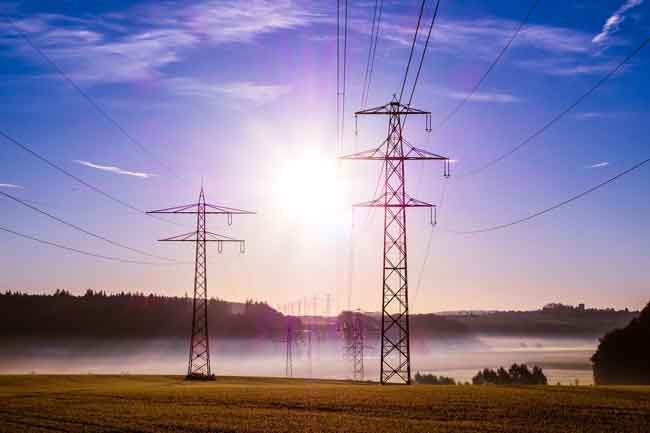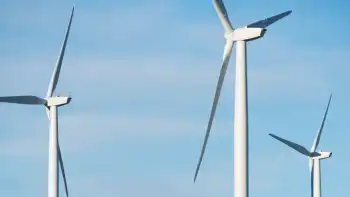Ontario puts condition on doing business with AECL
By Globe and Mail
Arc Flash Training CSA Z462 - Electrical Safety Essentials
Our customized live online or in‑person group training can be delivered to your staff at your location.

- Live Online
- 6 hours Instructor-led
- Group Training Available
The Dalton McGuinty government worries that Ottawa is poised to get out of the nuclear business by privatizing AECL, a move that would raise questions about AECL's guarantees against cost overruns, a senior provincial source said.
AECL's international effort to market its new ACR1000 reactor would be devastated by a failure to win contracts with Ontario, where it is competing with French-based Areva SA.
The Ontario government plans to build at least two reactors and refurbish existing ones as part of a $60-billion initiative to meet the province's electricity needs over the next 20 years. The province would like to give AECL the nod, the source said.
"In an ideal world, we would like to have Canadian technology but we are going to get the best deal for Ontario."
AECL and its private sector partners - including SNC-Lavalin Group and General Electric Co. - have said they are willing to guarantee that the project will be delivered on time and on budget. But Ontario officials say those assurances are undermined by the uncertainty over AECL's future ownership. He said what the province is seeking is a clear statement of support from the federal government, AECL's sole shareholder.
"You want to know they have the backing of their shareholder," he said. "Otherwise, Ontario remains nervous about the ability of the company to deliver on what it says it can deliver."
The federal government is reviewing the ownership of AECL, and Natural Resources Minister Gary Lunn reiterated that "all options are on the table," from the status quo, to an equity partnership with private investors, to a sale to a foreign competitor.
The source said there is concern at the provincial legislature that Prime Minister Stephen Harper wants to prop up the value of AECL, sell all or a portion of the company and then wash his hands of it. In such a scenario, he said, the Ontario government could be blamed for "killing the company" because it would have no choice but to choose a rival technology.
"Our calculation is that Ottawa wants us to put the bullet in them," he said.
AECL officials launched a marketing campaign aimed at persuading the Ontario government to buy its reactors. CEO Hugh MacDiarmid described the potential Ontario contract as a "destiny issue" for the company.
In a recent interview, Mr. MacDiarmid - who took over as CEO seven weeks ago - denied the Ontario deal would make or break the company, but acknowledged it is a critical step in its effort to reach commercial viability.
"This is the heartland of our fleet," he said in reference to the province, where 18 Candu reactors provide 52 per cent of its electricity. "For any firm with that kind of a market position, if we were not to be selected to be the provider of the next generation reactor, it would be a great disappointment.
"But if that were to happen, we would pick ourselves up and dust ourselves off and sell some reactors in other jurisdictions."
Mr. MacDiarmid said he expects that whoever AECL's shareholder will be, they will back its guarantees. He noted AECL's Team Candu partners are also part of the guarantees. But he said that Ontario will have to deal directly with Ottawa if it wants greater assurances.
AECL received a fresh infusion of cash in the recent federal budget, which allocated $300-million for the completion of the ACR reactor design and the modernization of the Chalk River research complex.
Both Mr. MacDiarmid and Mr. Lunn described the budget spending as a vote of confidence from the Harper government in AECL and its technology. However, critics suggest the federal government was simply providing a short-term facelift for the corporation in anticipation of a sale.
For the Ontario government, the big concern is the legacy of billions of dollars in cost overruns associated with building new reactors in the province. However, AECL says that, in its more recent overseas sales, it has concluded its projects on budget.





